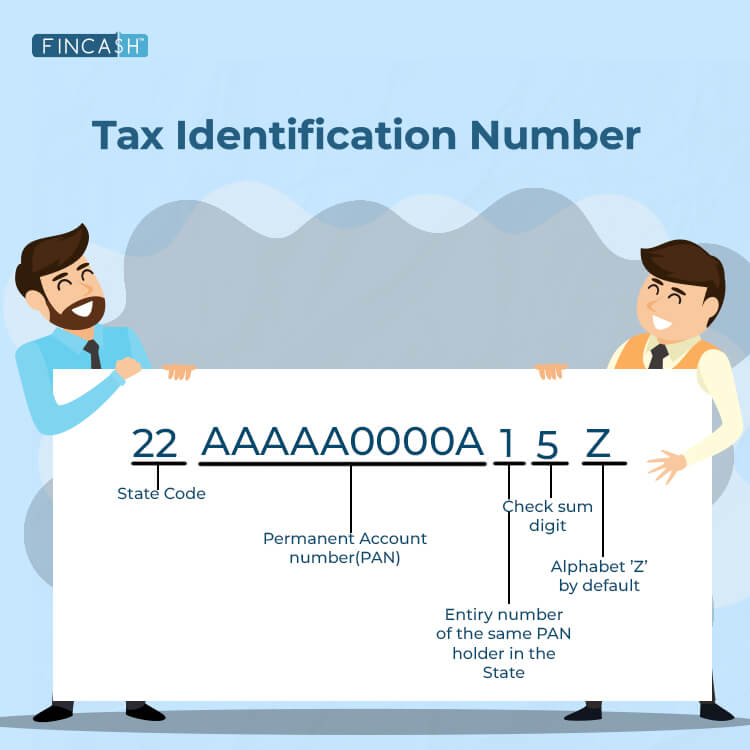Tax Identification Number or TIN
As per the Tax Identification Number meaning, it refers to the specialized 9-digit number that is utilized as a tracking number by the IRS or Internal Revenue Services in the United States of America. TIN is mostly depicted as the required information across all tax returns that are filed with the respective IRS.

All the TINs in the United States of America or Tax ID numbers are known to be issued by the IRS directly –except for the SSN or Social Security Number, which is issued by the Social Security Administration (SSA). Foreign TINs also do not get issued by the IRS. Instead, these are known to be issued by the nation in which the taxpayers not belonging to the United States might be paying the Taxes.
An Insight into the Tax Identification Number
Taxpayer identification number or tax identification numbers are known to be available in various forms. Individuals are given TINs in the variant of SSNs. On the other hand, business organizations (including partnerships or corporations) are given EINs or Employer Identification Numbers. SSNs tend to be tax identification numbers for people. The same gets issued to the individuals by the respective SSAs in a specific format.
On the other hand, EINs are also available as 9-digit numbers. However, they tend to follow a different format in comparison to the SSNs. Other bodies like fiduciaries, trusts, and other types of non-business entities are awarded standard tax identification numbers. Some of the additional types of TINs are known to include the ATIN (Adoption TIN), ITIN (Individual Taxpayer ID Number), and the PTIN (Preparer TIN).
The IRS is known to make use of TINs for tracking the respective taxpayers in the country. As such, the filers are expected to include the specific number of documents that are tax-related while claiming the overall tax benefits.
Types of TINs
SSN –Social Security Number
It is regarded as one of the most common types of TINs. SSNs get issued to the citizens of the United States –including specific temporary citizens and permanent residents. The SSN is utilized for securing legal employment in the nation and for the purpose of receiving social security perks along with other government-centric services.
Talk to our investment specialist
Individual TIN
The IRS is known to issue the Individual TIN to specific non-residents as well as resident aliens, the respective dependents, and the spouses when they would be ineligible for receiving SSNs.
Employer TIN
The IRS is known to make use of the ETIN or Employer TIN for identifying corporations, estates, and trusts that are required to pay taxes. The given groups are expected to apply for the specific number while using the same for reporting the Income for taxation purposes.
All efforts have been made to ensure the information provided here is accurate. However, no guarantees are made regarding correctness of data. Please verify with scheme information document before making any investment.












